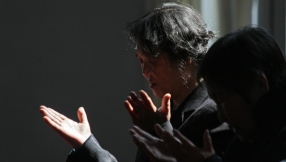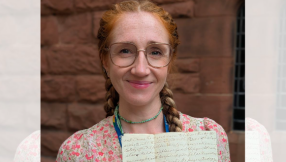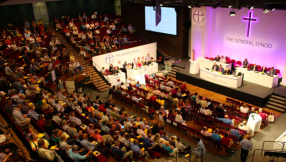Church of England dioceses back Measure on women bishops â what next?
Voting was as follows:
Bishops: For 88, Against 13 (85% in favour)
Clergy: For 1956, Against 464 (76% in favour)
Laity: For 2138, Against 490 (77% in favour)
The vote failed in two dioceses, Chichester and London voted against. So if diocesan synods were any measure of opinion within the church, the Measure would be expected to pass when it returns to the General Synod for a final vote next summer, or autumn at the latest. Don’t, however, expect it to be as easy as that.
To pass the legislation needs to get two thirds majorities in each of the three Houses of the General Synod. General elections have taken place since legislation put to the dioceses was passed in the summer of 2010 and indications are that the vote will be somewhat closer. Voting patterns over many years make it clear the General Synod in no way mirrors diocesan synods and generally tends to be more conservative.
The other unknown is that the promised Code of Practice to accompany the legislation is yet to be published. When it is, if the numbers look close, the serious horse-trading will begin. The more outspoken advocates of women bishops will flatly oppose any arrangement that gives even a hint of a suggestion that women are a lower order of bishops. They may prefer delay of up to five more years than the wrong compromise.
People opposed will seek assurance that appropriate Episcopal ministry will be guaranteed to them in the future. The term they use to express this requirement is ‘sacramental assurance’. They want to be sure there will be bishops in the historic tradition who have not done anything that will compromise this. It is not merely about gender but whether a male bishop has a female consecrator somewhere in his line of succession.
The practicalities of this requirement are hugely challenging and Catholic minded apologists say openly that the church of the future will be hard put to guarantee such sacramental assurance. If a diocesan bishop is a woman it is hard to see how any form of authority delegated by her would satisfy those demanding sacramental assuarance.
If after all the horse trading there is deadlock, Parliament may elect to step in and legislate for women bishops (as it theoretically could). That, however, would set a terrible precedent and leave the Church of the future vulnerable.













